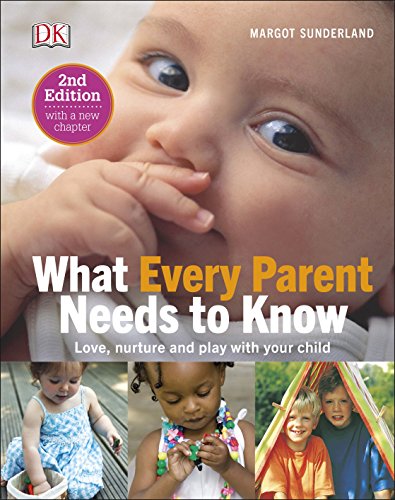Why mindful parents say no to Time Out
It’s a widely used, often advocated technique for dealing with ‘bad behaviour’ and, on the face of it, can seem logical.
Child misbehaves, gets sent away to sit on their own to 'think about what they’ve done', during which time they’ll have reflected on their behaviour (or just hated being in time out so much) that they’ll never display that behaviour again…
…until the next time they do the exact same thing they got sent to time out for!
This next statement might seem controversial but I believe it to be true:
TIME OUT IS NOT AN APPROPRIATE WAY OF DEALING WITH BEHAVIOUR YOU DON’T LIKE.
Just to be clear, I’m not talking about the times when your child is experiencing such overwhelming feelings that you need to let them release those feelings by not fully engaging with them, but all the while staying close by.
I’m talking about sending children away to be on their own for the number of minutes equal to their age technique (and who came up with that ridiculously arbitrary time period anyway?!)
The last thing that a child who is experiencing big feelings needs is to be sent away to deal with those feelings by themselves.
It doesn’t matter if they have just hit out / kicked / pinched / punched / (insert any other acting out behaviour you can think of). Because when you see this behaviour for what it usually is – an expression of feelings that are too big to handle – it makes very little sense to make a child deal with that on their own.
You may have heard it said that all behaviour is a form of communication. And what your child is communicating to you in these moments is that they need you.
And if you don't respond by meeting that need, you may unintentionally be sending them a very different message from the one you actually want to send.
RELATED POST: THE PARENTING MESSAGE YOU DIDN'T MEAN TO SEND
In her book, What Every Parent Needs to Know, Dr Margot Sunderland puts it more strongly: she says it is "sheer cruelty to put a child in a distressed state into time out", and by doing so, you're not only not comforting your child's distress, but that you're also punishing him for having what are perfectly normal feelings.
Feelings that you and everyone else experiences too.
In these moments, your child needs you to connect with him, to help him regulate those big feelings and to be his guide so that he can eventually learn how to express those feelings in a different way.
So, what does make sense in these moments is Time In.
Time In means just that – taking time to be with your child after an episode of ‘bad behaviour’ or any other time when they seem to have ‘lost it’.
Being with your child at times like this doesn’t mean you’re saying the behaviour is OK, or that you’re being permissive.
Or that you’re giving them attention when they don’t deserve it – remember, at times like this they really need it.
The point of Time In is to give attention to the feelings that are underneath the behaviour; to connect with your child and to help them resolve these feelings.
Time In gives you time to teach your child how to handle these feelings differently – and Time In gives you time to tell your child they don’t have to do it on their own.




